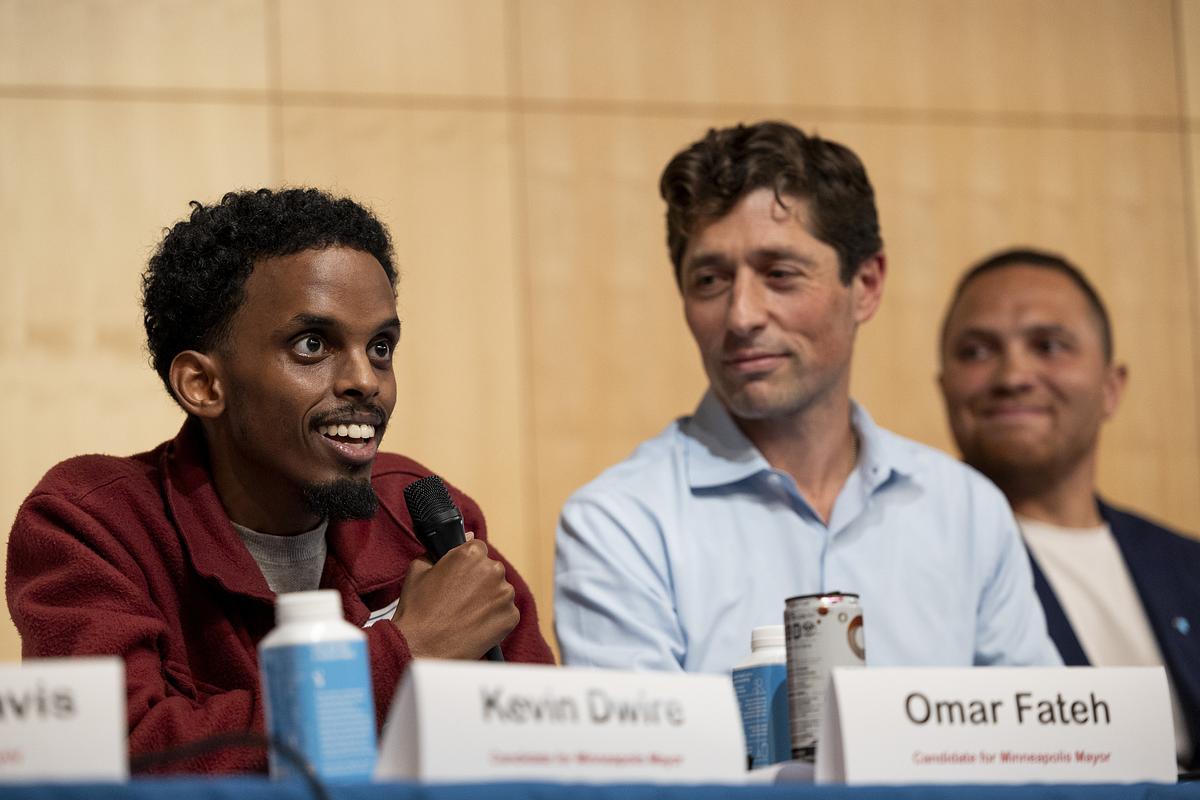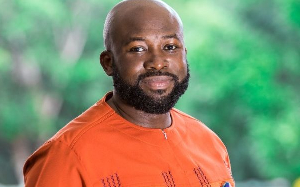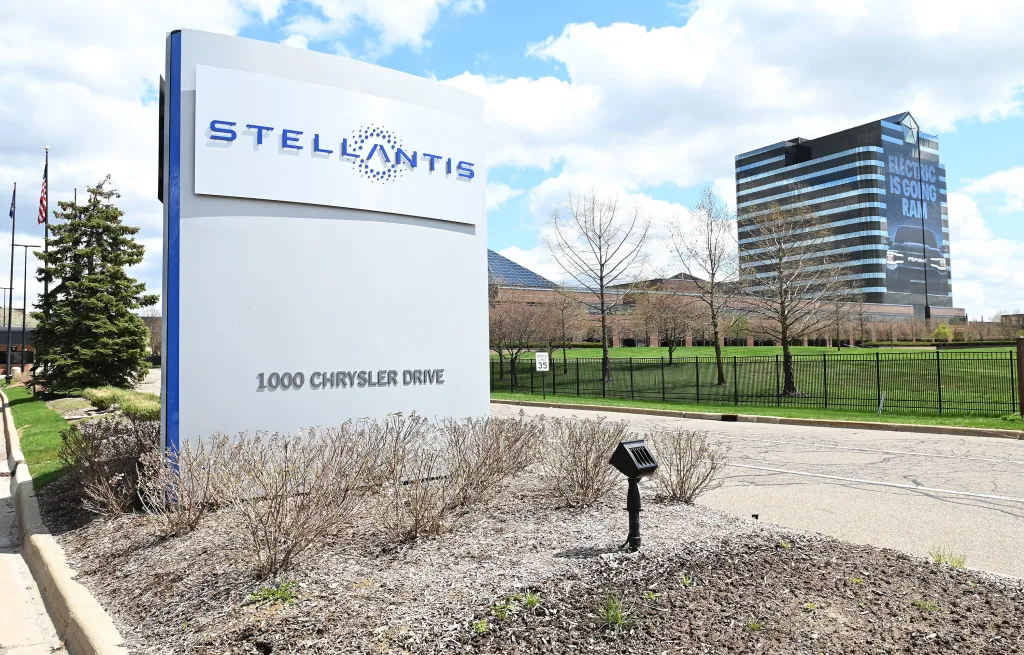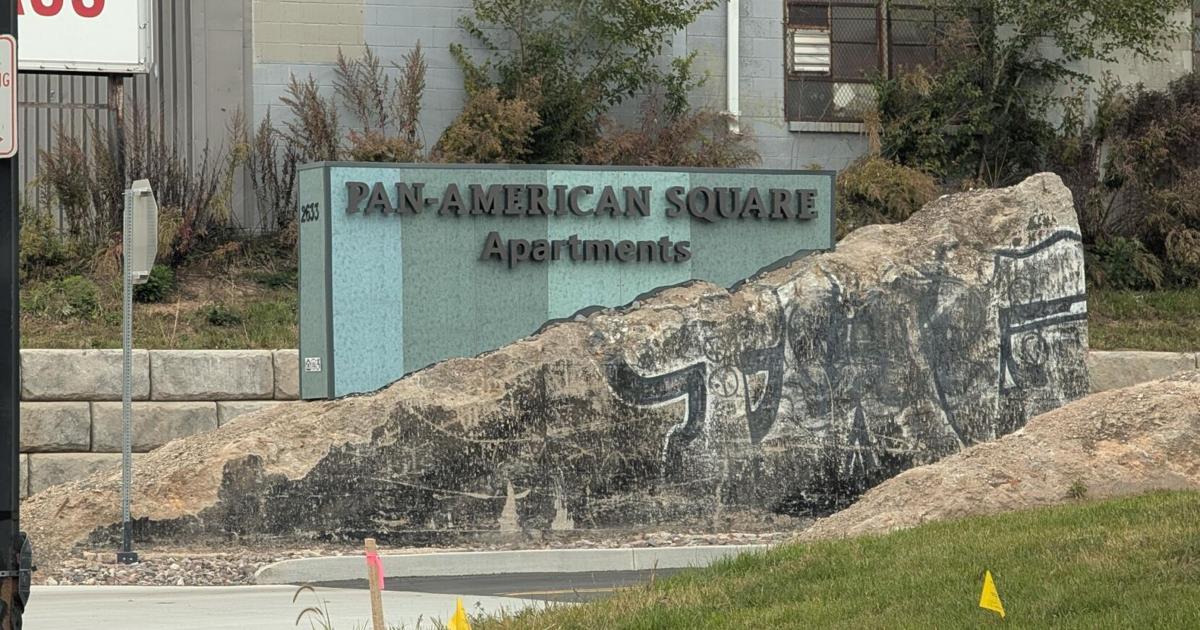Copyright minnpost

In the final days of the race for Minneapolis mayor, incumbent Jacob Frey is leaning into his support from top state officials, including a Nov. 1 get out the vote rally with Gov. Tim Walz. But Frey’s critics say his high-profile endorsements paper over fraught relationships with the progressive City Council majority and their allies. They point to the absence of endorsements from Minneapolis-based lawmakers who represent the city’s interests at the state and county levels. One of them, state Sen. Omar Fateh, is running to take Frey’s spot. Underlying the politics is an understanding that whomever voters elect as mayor on Tuesday can’t succeed without the ability to build strong relationships at the county, state and federal levels. Millions of dollars in funding is on the line. Minneapolis expects $202.9 million in “intergovernmental revenues” next year from a mix of county, state and federal sources, according to the city budget. Included in that is $18.7 million in grant funding from the U.S. Department of Housing and Urban Development that is “vital to supporting Minneapolis’s core priorities around housing, community development, homelessness prevention, and economic equity,” said Minneapolis’ city controller, George Hardgrove, in a July court filing. A city spokesperson explained that the HUD grants are part of a “formula allocation” that Minneapolis and other cities nationwide request each year. In the court filing, Hardgrove said “the loss of its anticipated federal grant funding would force the City to choose between cuts to municipal services or imposition of a historically large tax levy on its residents.” Northside business owners’ concerns point to challenges awaiting next mayor The cities’ legal pushback under Frey’s leadership appears to be working. In the months since Hardgrove’s filing, the spokesperson said two of the grant agreements have been fully paid out. Two others have been delayed by the ongoing federal government shutdown. Minneapolis officials may have a friendlier audience with the DFLers leading most of the county and state executive offices. But as the sometimes stark differences of style and policy between four DFL-aligned mayoral candidates show, shared party affiliation doesn’t guarantee a good working relationship. That may be why Frey, Fateh, Davis and Hampton have touted their collaborative chops in public statements and interviews throughout the campaign. At a recent mayoral forum, Fateh mentioned work at the state level on behalf of his Minneapolis constituents, like securing $19 million in state aid for public safety. Frey hailed a public safety partnership with Hennepin County Sheriff Dawanna Witt and the U.S. Attorney’s office that he said has pushed violence levels in north Minneapolis nearly to 20-year lows. Asked to describe their leadership style in one or two words, Davis, Hampton and Fateh all chose “collaborative” as one of theirs. (Frey chose “earnest” and “compassionate.”) The candidates have also stressed that as the state’s largest city, Minneapolis needs to make sure it gets its due from larger units of government. After Minnesota cut local aid under Republican former Gov. Tim Pawlenty, Frey said Minneapolis sends $3 to the state for every $1 it gets back. “We appreciate that we need to support other towns, but we also need to make sure Minneapolis gets its fair share,” he said at the forum. Naturally, Frey’s challengers say they’re better suited to the moment. Related: Will Minneapolis follow St. Paul on rent control? Davis, who spent more than a decade as a congressional staffer in Washington, D.C., and whose husband, Kareem Murphy, led intergovernmental relations for Hennepin County before becoming deputy county administrator, told MinnPost that Frey’s administration “has left money on the table.” He pointed to examples like red states clawing back clean energy funding, and Hennepin County efforts to secure federal transit dollars. “We have to know what’s left and how to get it,” Davis said. “You need that knowledge and strategy.” At the forum, Hampton pointed out that 70% of city revenues come from sources other than property taxes, including intergovernmental sources. “We have to lean into that 70% of the pie to squeeze out every drop from partner dollars,” he said. Fateh chimed in, saying the Trump administration wants to penalize Minneapolis “because of the policies we all support” and that he would “take a cross-jurisdictional approach, working with the county and state to get more help.” One of the county officials who’d likely be involved in that work recently called out Frey by name. In a social media post last week, Hennepin County Commissioner Irene Fernando criticized Frey’s oversight of the Minneapolis Police Department, related to the murder of Mariah Samuels. She called a recent meeting with him “deeply troubling and unproductive.” Fernando, who has publicly endorsed Davis, represents Golden Valley, parts of Plymouth and the northern third of Minneapolis. Frey’s campaign pushes back on criticism that the mayor works poorly with others. In a statement earlier in October, a spokesperson noted Frey’s many high-profile endorsements and said he looked forward to collaborating with partners elsewhere in government “to build more affordable housing, hire more police officers, and defend Minneapolis from the Trump administration’s attacks on our city.” Dario Anselmo, a Republican and former state representative from Edina, said that however the election shakes out, the next leader of Minneapolis should emphasize the city’s outsized impact on the metro and state economy. “When you’re traveling, you don’t tell people you’re from Edina, Eden Prairie, or Lakeville — you say you’re from Minneapolis or a Minneapolis suburb. As the Minneapolis brand, experience and economy goes, so do the metro area’s,” said Anselmo, who previously owned the Fine Line music club in downtown Minneapolis. “[People have said] that when problems happen in a city, they usually spill to the suburbs,” he added. “The same can be said for opportunities.”



